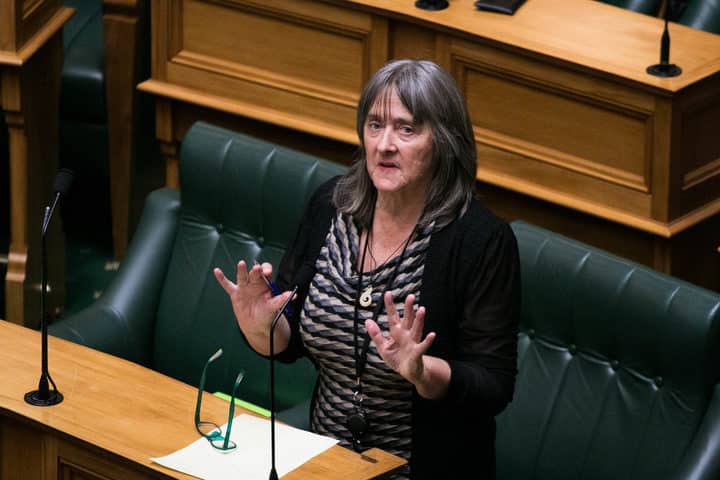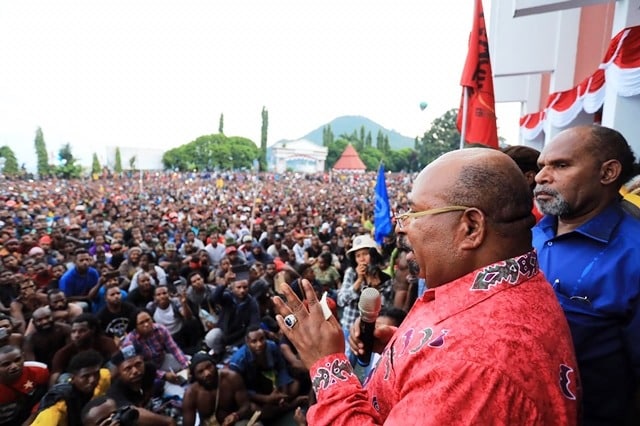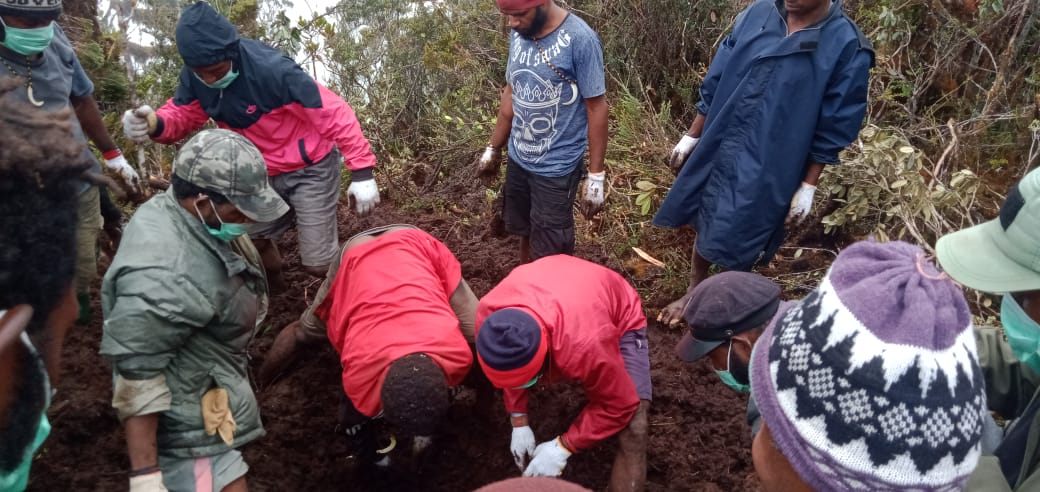
By Maire Leadbeater
Jayapura, Jubi – It is frustrating that serious human rights abuses in Indonesian-controlled West Papua continue to fly below the radar.
This year there has been some good news but it is also going largely unremarked. This is equally frustrating, especially as the positive developments all stem from initiatives taken by courageous Papuans themselves or by our neighbours in the Pacific.
Let me review. First, the five-member Melanesian Spearhead Group (MSG) granted the United Liberation Movement for West Papua (ULMWP) umbrella group official observer status at its June summit. To the Papuans this was a huge step as they have been excluded from Pacific regional bodies for over 50 years.
Second, the 16-nation Pacific Island Forum meeting in September, not only named the issue of human rights in West Papua as one of its five major agenda items, it also resolved to ask Papua New Guinea’s Prime Minister to consult with Indonesia about accepting a Pacific fact-finding mission to the territory.
Third, West Papua now has new friends speaking out for it on the world stage. Most recently both Tongan Prime Minister, Akolisi Pohiva, and Solomon Islands Prime Minister Manasseh Sogavare took to the UN General Assembly podium to remind the world body of its duty towards West Papua in the face of ongoing human rights abuses and brutality. Sogavare, who recently appoint a special West Papua envoy, urged Indonesia to allow free and unrestricted access for a regional fact finding mission.
None of these positive developments would have come about without taro-roots work. Activists in West Papua face almighty obstacles but they were determined to ensure that the Melanesian leaders knew of their support for West Papua to be included in the regional body. So they organised a petition, a proper paper one with ID-card validated signatures, and somehow they defied military and police to get that petition distributed across the rugged and mountainous territory.
Hundreds of activists were arrested for campaigning to support the ULMWP, but still the final tally in the packages couriered to the Honiara MSG meeting was 55,555. Many Indonesian migrants signed on alongside Church and tribal leaders. Thousands more signatures did not make the deadline.
In the months leading up to the two regional Pacific meetings there were a whole series of amazing marches and colourful events in several Pacific capitals in which the Churches were prominent participants. Honiara, site of the MSG summit, was awash with the West Papuan independence Morning Star flag and posters with the slogan ‘Bring West Papua back to the family.’ Popular bands brought out West Papuan songs. Aotearoa’s Maori and Pasifika performance group Oceania Interrupted circulated a catchy YouTube video in support of the fact-finding mission.
The bad news is that New Zealand’s political leaders are not on board. Foreign Minister Murray McCully dismissed the value of a regional West Papua fact-finding mission even before he arrived at the Pacific Forum summit. Apparently good relations with Indonesia and our defence and trade ties trump human rights. It was not always so. In the 1950s and early 60s when the Dutch were preparing West Papua for self-government New Zealand politicians and diplomats gave their plans whole-hearted support in the UN.
Indigenous Papuan leaders were welcomed when they attended South Pacific Commission conferences. New Zealand sent a delegation along when a democratic legislature, the New Guinea Council, was inaugurated in April 1961. The delegation included the then Minister of Island Affairs and a high-ranked representative of almost-independent Samoa. He was Malietoa Tanumafili II, later Samoan Head of State.
West Papua has been largely closed to outside media ever since Indonesia assumed control in 1963. But there is some good news on this front too. After years of trying Maori TV’s Native Affairs team was allowed in. The documentary did not shy away from detailing past human rights abuses or the issue of military impunity and they also offered a tantalising glimpse of the Dani – a tribe with a 40,000 year history of highlands habitation. The Dani have been working on a project supported by OXFAM Aotearoa to ensure that their traditional kumara is revived as a staple food and favoured over expensive imported rice.
West Papuans believe the UN and the international community let them down 50 years ago when it agreed to Indonesian control so now it must be an international responsibility to help support negotiations towards a fair and peaceful solution.
Pacific Island leaders are listening to their people and taking up the cause with great dignity, so when will New Zealand follow suit? (*)
Maire Leadbeater is a member of West Papua Action Auckland and author of Negligent Neighbour; New Zealand’s Complicity in the Invasion and Occupation of Timor-Leste, published by Craig Potton in 2006.
















